Salesforce Certified Administrator (201)
Adding Salesforce experience to your resume can pay off almost instantly, since it’s currently one of the IT talents that is most in-demand and quickest expanding. Salesforce technical talents are very valuable and important in a wide range of domains, from system administrators to product managers, developers, integration architects, and beyond, since the Salesforce ecosystem expands far beyond its original cloud-based CRM platform.
Overview
By understanding subjects like recognizing various Salesforce building blocks, Data models, Security models, Automation choices, Sales Cloud and Service Cloud modules, Reports, and Dashboards, the Salesforce Admin Certification course will assist you in becoming an expert.
Why should you take Salesforce Certified Administrator (201)
Training?
This is the most popular CRM software available on the market, accessible from any device via a cloud platform. Because of this, as well as its broad range of applications in sales, marketing, and customer relations, there is an increasing need for Salesforce developers and administrators.
Who should go for this Salesforce Certification Training?
- Siebel and other CRM products professionals
- Experienced professionals who are looking to have an exciting career in the leading Cloud Computing platform
- Functional consultants who are looking to switch to Salesforce
- Freshers who are looking to get a jump start to their careers in Cloud computing
- Lateral developers who have worked in Java, mainframe, and C# and are looking for a boost to their career from the legacy platform.
What will you learn in this Salesforce Training Online?
- Salesforce CRM and its features
- Salesforce objects, field types, and validation rules
- Data modeling and management
- Setup and user management
- Security and data access
- Workflow automation
- Sales and service cloud configuration
- Lightning components installation
- Salesforce interface
- Application deployment and Force.com platform change management
- Application development by leveraging the declarative interface
- User interface configuration
- Preparing for Salesforce Administration (ADM 201) and App Builder Certification exams
Our Package
- Service and Deployment models in the Cloud
- Market situation
- Cloud Ownership
- Introduction to SF1 and Force.com Platform
- Declarative & Programmatic Options in Force.com
- Meta-data Driven Architecture
- Multi-tenant
- Business and IT benefits
- Use of SF1
- Sign-up for a Free Environment / Org
- Adding company logo
- Benefits of System overview
- Salesforce Key Building Blocks
- Editions and Different Environments Available
- MVC Pattern
- Student App
- Student App Master Basic Data Model
- Student Master and Marks/Grades
- Student Master Basic Security Model
- Student Master Reports
- Student Master Application Scope
- Create Custom Objects and understand various properties in the Object definition section
- Customize standard objects
- Field and Data Types
- Custom Field Prosperities
- Field Dependencies
- Types of Relationship Fields
- Search Layouts
- Security Model Mind Map
- System Level or Org Level Security
- User Administration and Troubleshooting
- Permission Sets
- Profile and Permissions Sets
- Password Policy
- IP Address security
- Login hours
- Session settings
- Activations
- Page layout assignment
- Tab setting
- Field level security
- Security Model Mind Map
- Record Level and Object Level
- Organization wide defaults
- Organization wide defaults – Student App
- Role and Role Hierarchy
- Criteria Based Sharing
- Different ways to gain Record Level Access
- Public Group
- Queue
- Public group Vs Queue
- Business Logic Mind Map
- Different Options to Implement Business Logic
- Functions
- Formula
- Validation Rules
- Rollup Summary Fields
- Record Types and Page Layouts
- Business Process Automation
- Business Requirements – Workflow Rules
- Workflow – Actions (Time When Action Takes Place)
- Workflow – Actions
- Workflow – Considerations
- Approvals – Introduction
- Approvals – How to Create A Process
- Approvals – Actions
- Approvals – How and What Can Approvers Do
- Sales Cloud
- Sales Process
- Sales Productivity Features
- Lead Management
- Lead auto response
- Lead assignment
- Web to lead
- Accounts and Contacts Management
- Opportunities
- Campaign Management
- Price Book, Products, Price Book Entries
- Service Cloud
- Case Management
- Typical Service and Support Process
- Automation – Web2Case and Auto-Response
- Automation – Email2Case
- Automation – Assignment Rules
- Automation – Escalation Rules
- Email Templates in Case Management
- Channels
- Case Resolution – Solutions
- Case Resolution Using Knowledge
- Communities Basics
- Communities Setup and Administration
- Communities – Ideas and Answers
- Data Handling and Processing Overview
- Exporting data and Regular Backup
- External ID and Unique Fields
- Import
- Install Apex Data Loader
- Use the Import Wizard and Data Loader and compare the features, Update, Upsert operations, Delete and Hard Delete records,
- Transfer record ownership
- Execute a report with and without modifications
- Create a tabular report, summary and matrix report
- Report and Security
- Report Builder and Standard Reports Available
- Add a chart and a few other features like highlighting
- Create a custom report type and store in a folder
- User filters in reports
- Create a dashboard
- Bucket field
- Tabular Report significance
- Summary report significance
- Matrix report significance
- Joined report significance
- Dynamic dashboard
- Customizable parts of the SF1 app
- Security and customizable settings
- Navigation menu
- Compact layouts and Mobile cards
- Basic admin activities on Salesforce A
- Outlook and SF synch up
- Activity management – Tasks, Events, and Open activities
- Creating and tracking tasks and events
- Folders and Document templates
- AppExchange
- Chatter groups, feeds, people
- Files, Follow records, people
- Groups Topics and Files
- Global action types-Create
- Log a call, Custom VF page
- Custom canvas, Publisher layout
- Global an Object specific actions
Upcoming Batch
April 20th (Weekends)
FRI & SAT (4 Weeks)
08:30 PM to 01:00 AM (CDT)
April 18th (Weekdays)
MON – FRI (18 Days)
10:00 AM to 12:00 PM (CDT)
Salesforce Certified Administrator FAQs
Salesforce ADM 201 Certification Training will introduce the participants to the basic concepts related to Administration and declarative development options.
- Differentiate the building blocks of Salesforce
- Understand the Data model
- Understand the Security model
- Define Business process automation options
- Master Sales Cloud and Service Cloud modules
- Explain Reports and Dashboard
- Describe Salesforce1, SalesforceA, Chatter, and Social features
Salesforce Certification training does not require any specific pre-requisites. But any working knowledge as an administrator or a developer or a functional consultant will be handy.
Participants are expected to have a PC with minimum 2GB RAM and a latest browser and internet connection. Windows or Mac is recommended Basic Adobe reader and Office tools or Google Docs will be handy.
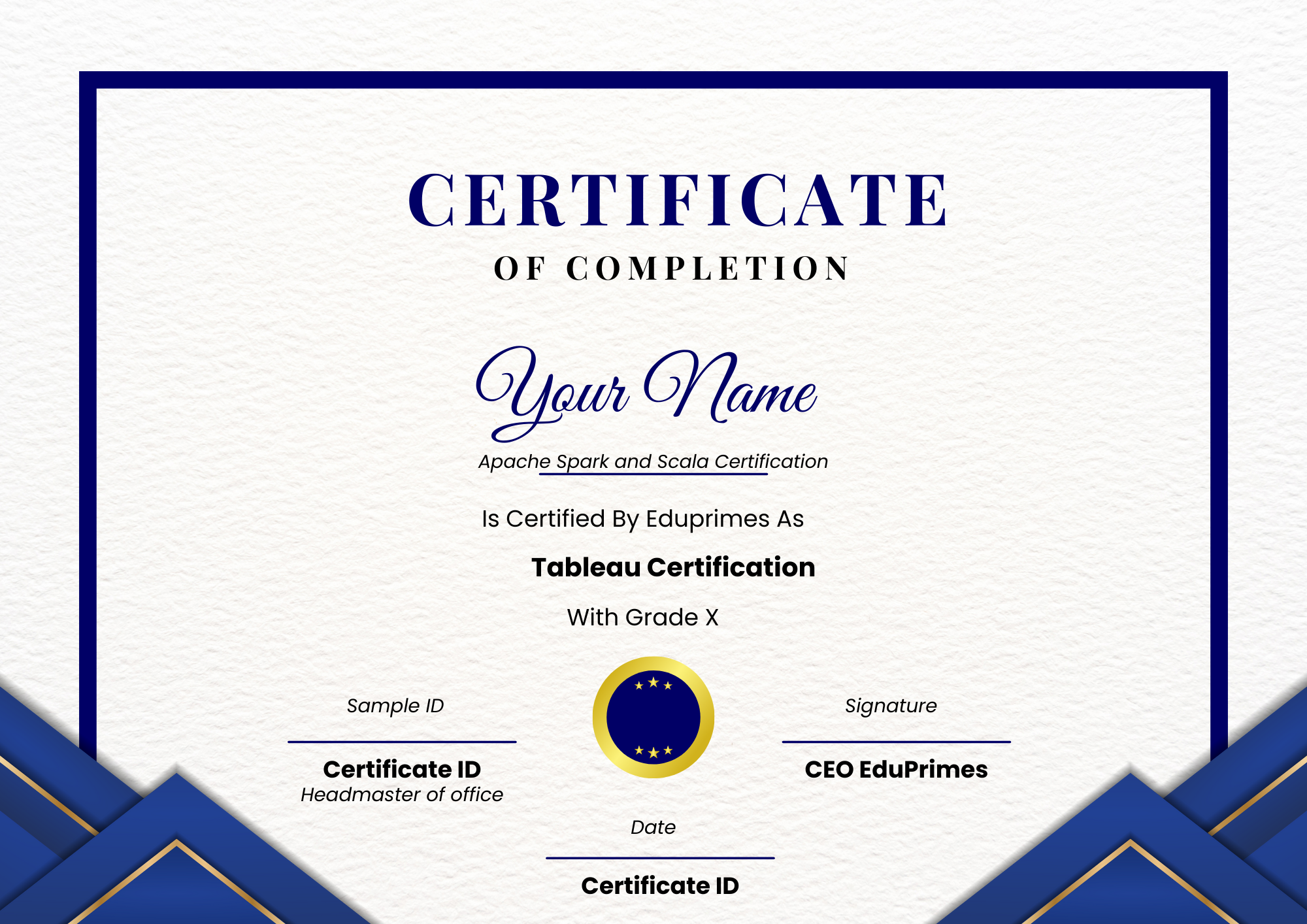

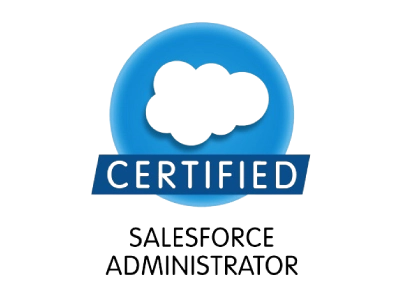

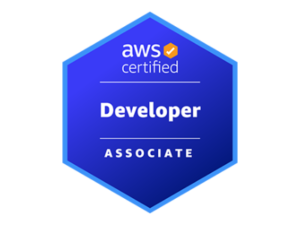
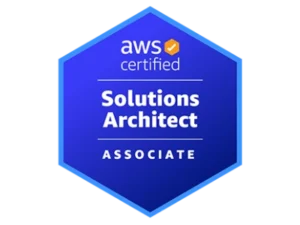
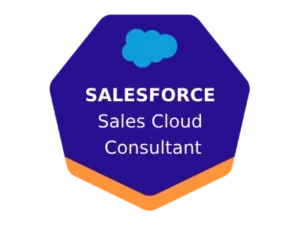
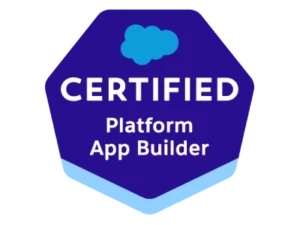

Reviews
There are no reviews yet.